Asia
The Illegal Journalists Of North Korea
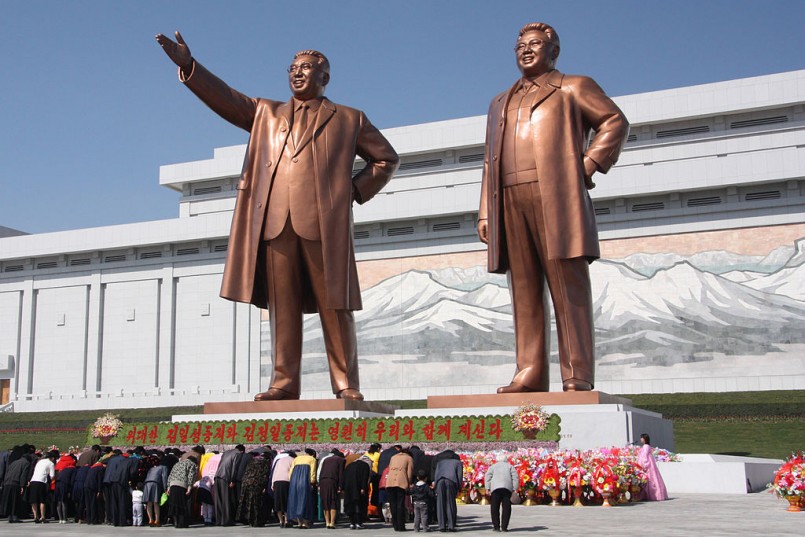
Image: WIkipedia
The Illegal Journalists Of North Korea
North Korea is not so much a nation as a prison. Travel in and out is heavily restricted, and a significant percentage of the population is held in forced labor camps.
Holding the keys is the Kim family, which stays in power through a careful manipulation of information. Beginning with Kim Il Sung, the dynasty has gone through three generations, passing power to his son Kim Jong-Il, and finally grandson Kim Jong-Un. For more than fifty years they have remained in control of North Korea, and the Kims have engendered a cult of personality in the mind of their subjects. They want the people who live in North Korea to believe that they are supremely gifted leaders, almost divine, and the only hope the Korean people have of surviving in a world that seeks to destroy them.
The greatest enemy the Kims face is not from abroad but from within. Their hold on the reins of power requires that their people remain ignorant of the comparative prosperity their cousins to the South live with, and the degree to which they are exploited by the Kims, who live in decadent luxury while millions of North Koreans starve to death.
Thus, the North Korean state controls the flow of information into the country as tightly as possible. Cell phones and computers are given only to the trusted elite, and they run on a closed intranet that operates on a pirated version of Windows. Radios, the primary means of communication in North Korea, are widely available but only receive transmissions from the state. They come equipped with a volume control but no off switch as well as a seal to indicate if they’ve been modified to receive foreign transmissions. The penalty for having a radio with a broken seal is imprisonment, not only for the offender but for their entire extended family.
Yet information still trickles in and out of North Korea. And deep inside the Hermit Kingdom, there is a network of underground journalists who risk their lives to loosen the Kims’ grip on the truth.
Some of the first glances into the country came in the early 1990’s when the fall of the Soviet Union led to a decline in the internal authority of communist regimes around the world. Soon after, North Korea was in the midst of a horrendous famine, caused by a combination of natural disasters and the Kims’ disastrous economic planning.
As millions suffered from severe starvation, social order broke down. Orphans roamed the fields looking for grains of corn and people stripped the bark off of trees for the most meager sustenance. Through it all, the rulers of the state ate well as they demanded total obedience. Yet for all their promises that the North Korean people still had it better than everywhere else in the world, they could not convince people to ignore the truth written plain on the skeletal faces of their neighbors and children. The Great General had failed them.
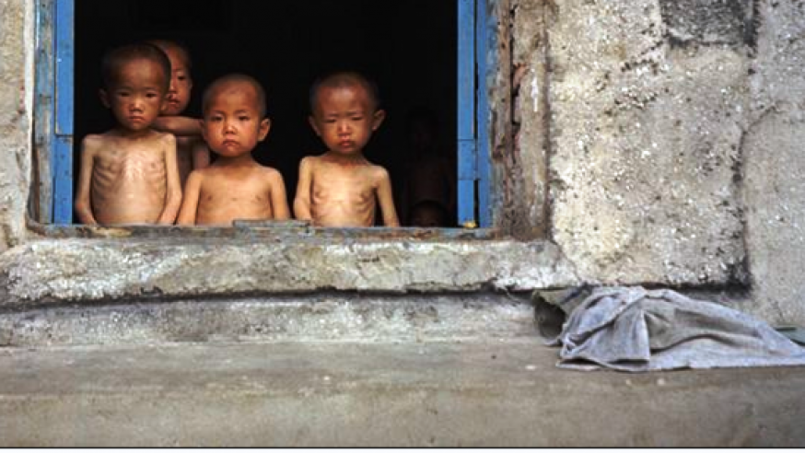
Image: Infinity news network
Ishimaru Jiro, a Japanese journalist for Asiapress, was reporting from along the Chinese border with North Korea as refugees milled back and forth on illicit trade missions. The normally watchful border guards had themselves not been fed regular rations in months and were often willing to look the other way as hundreds swam across the Yalu River which marks the division between the two countries. To Ishimaru’s surprise, one of these people offered to shoot footage from inside North Korea, so that the outside world would know what was happening. Ishimaru gave him a camera and some instructions and began to make regular trips to the area to collect what this undercover journalist had filmed.
The images he returned were horrific. Children with frail arms and distended bellies, gaunt women gleaning the fields for corn, an entire generation stunted by the legacy of want.
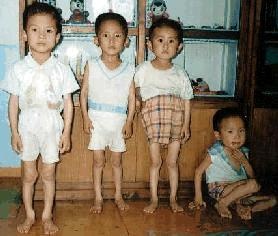
image:Pinterest
Ishimaru resolved to help bring light to the situation in North Korea and helped set up a network of reporters from inside the state that would relay information back out. Yet, such a monumental task as opening North Korea must have seemed close to impossible to a journalist with no government backing or resources to speak of. So Ishimaru was forced to get creative.
Taking advantage of the burgeoning black market on the border, he created a short film that criticized the government and started handing out copies to the traders on the Chinese side, who were eager to resell them to the people in North Korea. Free merchandise equals more profit. As technology advanced in China, older model VHS and DVD players were funneled into North Korea on the black market, exposing the people to a wider range of information than they had ever had before.
Technology also provided Ishimaru with new avenues for smuggling news in and out of North Korea. A system was developed for using flash drives that were coded to register as empty when plugged into government computers. Hidden on them were reports about the world outside of the country and the situation with it as well.
As the journalists of North Korea network grew, Ishimaru began collecting their stories and publishing them in a Japanese language magazine called Rimjin Gang, which remains one of the best sources of unfiltered information from inside the secretive state. Today, six people inside North Korea regularly provide the site with interviews with ordinary citizens, news reports, and video of conditions inside the country.
If discovered, the punishment for these journalists of North Korea would almost certainly be death. Execution by firing squad is routine for people in North Korea discovered to be communicating with the outside world. Yet, the reports they smuggle out of the country seem to suggest that things may be changing. In their interviews and secret recordings, dissenting voices are often heard. The average North Korean seems to be aware that the state is hopelessly corrupt and those at the top live like royalty on the broken backs of those on the bottom.
Time will tell if the Kims will finally be removed from power, yet many remain hopeful that they will. The first step is for the people inside the country to learn the truth and connect with others willing to oppose the regime. That means that the underground journalists of North Korea are the first step on the road to freedom.


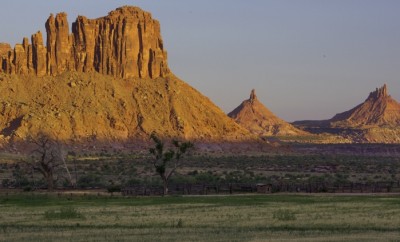
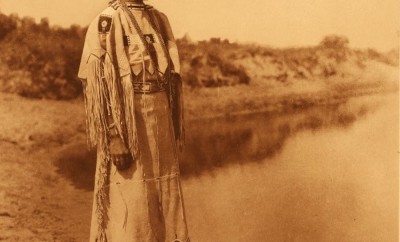

0 comments